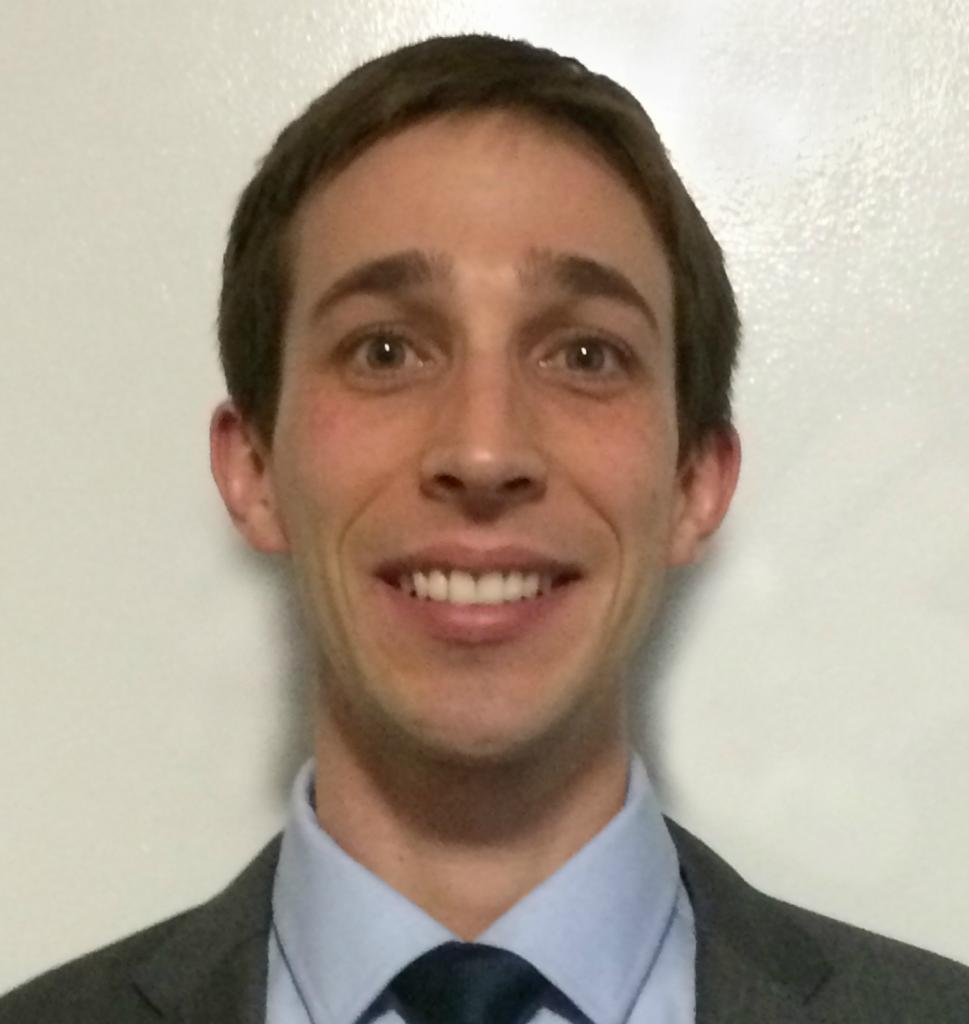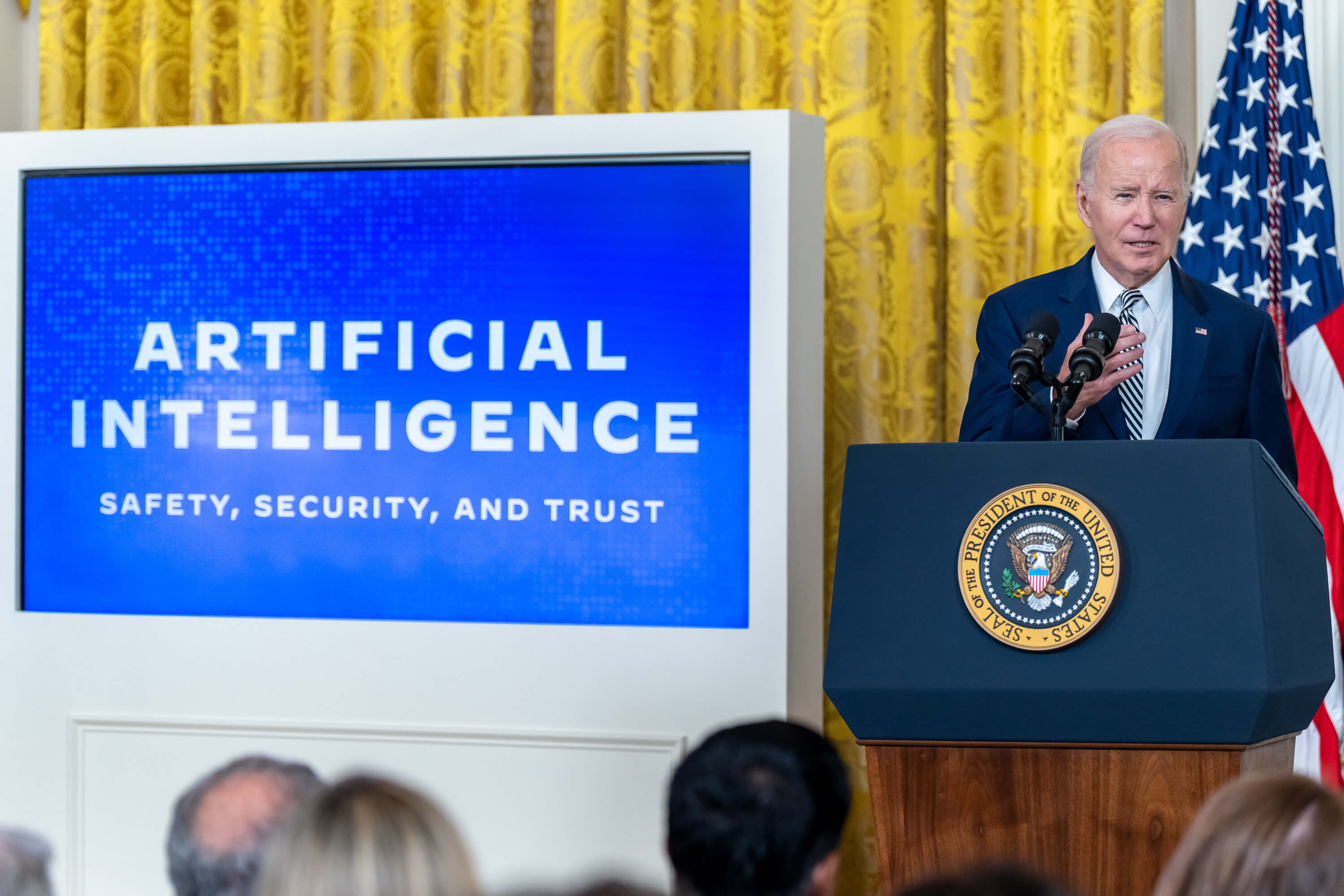Backgrounder on Second Circuit En Banc Rehearing on Data Retention
The explosion of digital data may have thrust us into a Golden Age of Surveillance, as individuals now create (and preserve) data that encompasses more activities and extends further into the past than ever before. But to search effectively through the ever-expanding haystacks, law enforcement has had to adopt new techniques.
Published by The Lawfare Institute
in Cooperation With

The explosion of digital data may have thrust us into a Golden Age of Surveillance, as individuals now create (and preserve) data that encompasses more activities and extends further into the past than ever before. But to search effectively through the ever-expanding haystacks, law enforcement has had to adopt new techniques. In the everyday criminal context, one such technique is to take “mirror images”—exact copies—of digital data for later review and analysis off-site.
Last year, in United States v. Ganias, the Second Circuit put a significant restriction on this practice when it held that retention of such lawfully obtained data for two-and-a-half years and its subsequent use in a separate criminal proceeding (that is, one not related to the warrant that authorized the mirror image in the first place) violated the Fourth Amendment. The case has potential implications for other government programs that seek to retain data for lengthy periods.
As we reported earlier this summer, that panel decision was vacated when the Second Circuit sua sponte granted rehearing en banc. The en banc court will hear oral argument in the case on Wednesday, which we’ll cover here.
The facts of this case are not all that unusual. In 2003, while investigating potential fraud by a government contractor, government investigators executed a warrant that authorized the mirror imaging of the target-contractor’s accountant’s computers. Subsequent to that warrant, the government examined the files for evidence of the fraud, but without deleting the nonresponsive data.
The government also uncovered evidence of tax fraud perpetrated by the accountant, Stavros Ganias. Unable to retrieve the evidence directly from Ganias, the government sought and obtained, in 2006, a second warrant authorizing it to search the files—already in its possession—for evidence of the tax fraud. Using this evidence, the government secured Ganias’s conviction in 2011.
Ganias had lost his suppression motion, but the Second Circuit panel reversed and vacated his conviction. The panel decision reasoned that Ganias had a possessory interest in the files on his computers, not just the computers themselves. The government meaningfully infringed on this possessory interest by making a copy of the information because it interfered with Ganias’s “exclusive control” of his data for “an unreasonable amount of time.” This initial copy was authorized by the 2003 warrant. What was not authorized by that initial warrant, though, was the lengthy retention and the subsequent use of the information in a prosecution not related to that warrant. The subsequent warrant, the panel found, did not cure any defects. The panel also held that the exclusionary rule applied, and accordingly vacated Ganias’s conviction and remanded for a new trial.
The government petitioned the panel for reconsideration of the application of the exclusionary rule, but did not challenge the predicate finding that the lengthy retention, and subsequent use, of nonresponsive documents violated the Fourth Amendment. The en banc rehearing, however, requested briefing on both the exclusionary rule and the Fourth Amendment issues. The Second Circuit doesn’t make audio of its oral argument readily available, but I’ll be attending the argument and will share my impressions after the argument on Wednesday night.





